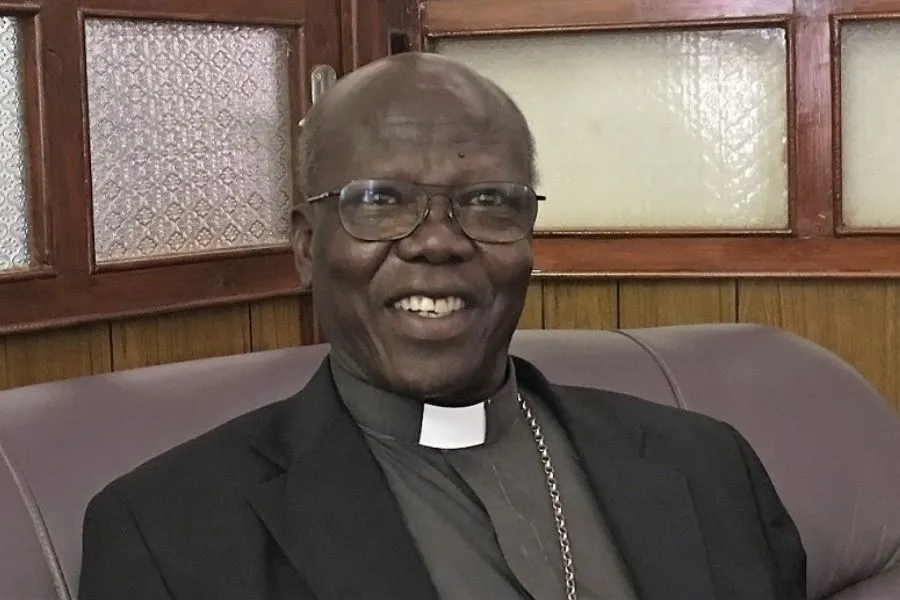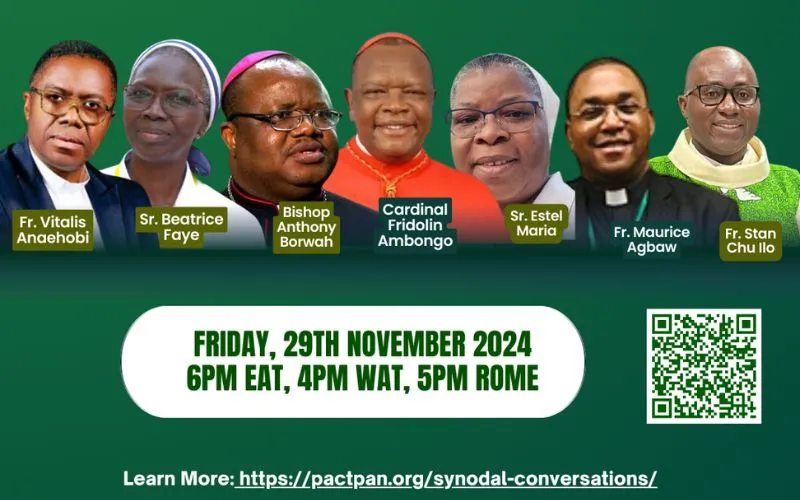Khartoum, 08 May, 2023 / 7:45 pm (ACI Africa).
Faced with the danger of bombings and the worsening humanitarian situation as war rages on in Sudan’s capital, Khartoum, members of the Clergy and women and men Religious are fleeing in search of safety elsewhere.
The Catholic Archbishop of Khartoum has said that Superiors of various Religious Orders with presence in the embattled city had advised their members to decide between leaving and staying put.
In a message availed to ACI Africa on Monday, May 8, Archbishop Michael Didi Adgum Mangoria said that members of the Clergy, and men and women Religious were among “many” people that had fled from Khartoum.
“My brothers… as you know the problem of fighting in Sudan that began on Saturday 15 of April and is still going on. As a result, many people fled, including priests and nuns out of the most contested areas,” Archbishop Didi said.
He said, in the statement dated April 30, that three Priests belonging to the Comboni Missionaries in Khartoum had left at the advice of their Superior.








